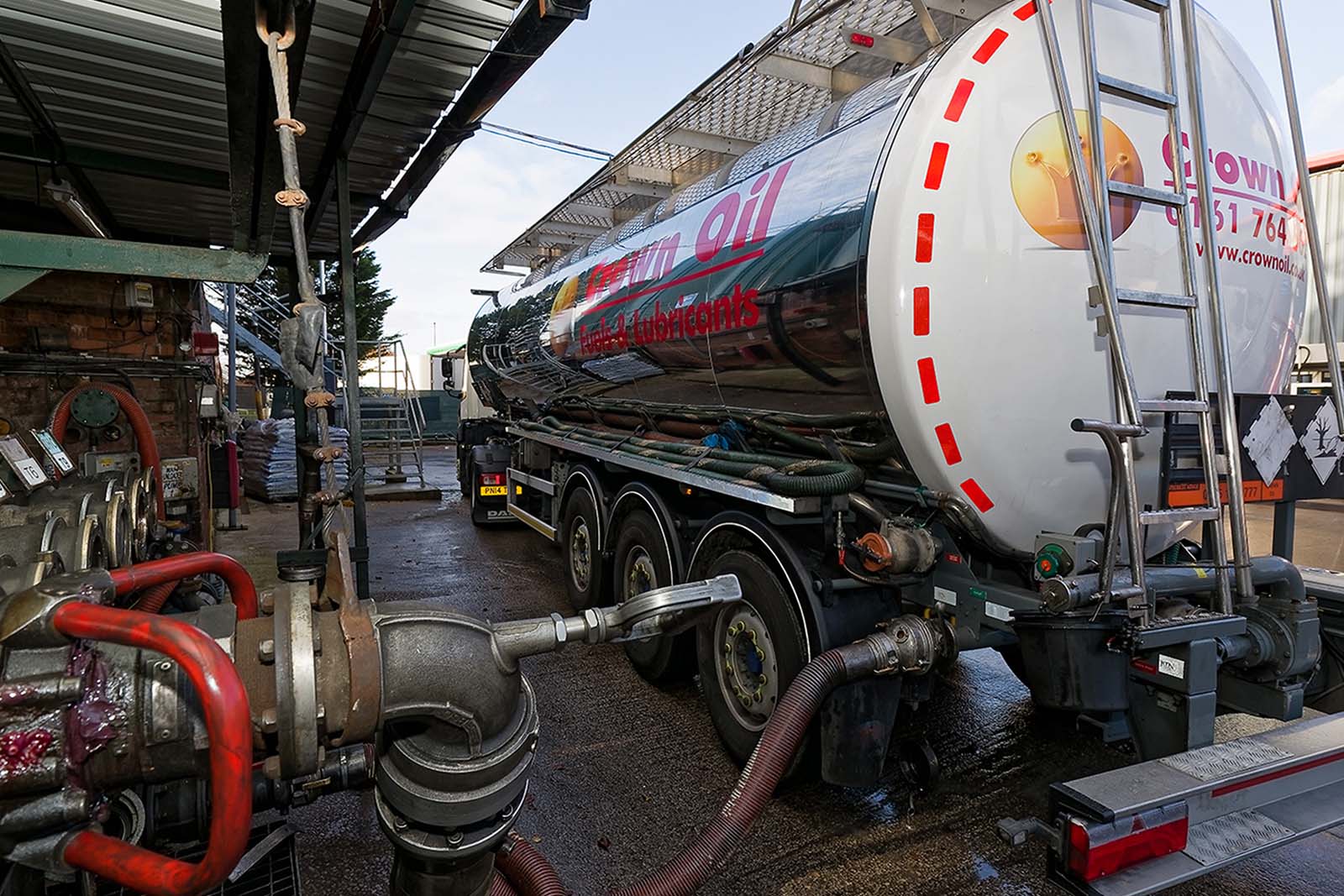When Was the Last Time Your Fuels and Oils Were Tested for Contamination?
With over 78% of the fuel samples we test showing signs of contamination, even a simple fuel test can help to prevent costly and disruptive breakdowns.
Can your business afford unexpected downtime? Relying on contaminated fuel exposes your operations to equipment failures, tank corrosion and expensive reactive maintenance – risks that can be easily avoided through proactive and regular fuel testing.
As the fuel market becomes increasingly complex, routine fuel and oil analysis is more important than ever. Integrating regular testing into your planned preventative maintenance programme ensures reliability, protects your assets and keeps your business running smoothly.

To learn more and discuss your requirements, call our fuel and oil testing experts today on 0330 123 3399.
How does stored fuel become contaminated?
Stored fuels naturally degrade over time and are vulnerable to contamination from several sources. Even in well-maintained systems, small issues can quickly lead to big problems if left unchecked.
Regular fuel testing, tank cleaning and water removal are essential to prevent contamination and protect your equipment and operations.
Common causes of fuel contamination include:
- Cross-contamination: Mixing different fuels or exposure to incompatible additives and chemicals can cause chemical instability and performance issues
- Water ingress: Moisture can enter tanks through condensation, damaged seals or poor handling. Water creates the perfect environment for corrosion and microbial growth
- Microbial growth (‘diesel bug’): Bacteria, fungi and algae thrive where water and fuel meet. They form sludge and acids that clog filters, damage injectors and corrode tanks
- Particulates and sediment: Dust, rust and dirt can enter during fuel delivery, transfer or through vents. Over time, these solids settle at the bottom of tanks and contaminate clean fuel
- Oxidation and fuel degradation: When fuel reacts with oxygen, it forms gums, varnishes and acids. This process accelerates with heat, light and long-term storage, reducing fuel quality and efficiency
Microbial-contaminated fuel symptoms
- Cloudy appearance – There’s water in your fuel
- Dark colour – Asphaltene particles are growing, which agglomerated, can block filters
- Varnish smell – The fuel is old
- Clogged filters – Sludge build-up
- Rusted tank – There is water in your tank

Tests conducted at our on-site fuel testing laboratory
To fully assess the health of your fuel, our chemists take true representative samples using bespoke fuel testing equipment as specified in ASTM Standard D4057-06. We can carry out an individual fuel sampling service or arrange a scheduled testing regime for your stored fuels and oils.
Fuels and oils that our expert team are able to test for our customers include:
- Diesel (DERV)
- Red diesel
- Heating oil
- And many more
Using the latest in fuel analysis technology, we look at your fuel’s composition, including:
- Density
- Viscosity
- ISO cleanliness (particulate examination)
- Microbial contamination level
- Sulphur content
- FAME content
- Water content
- Petrol contamination
Easy to read, diesel fuel analysis report
With every fuel sample tested, you’ll receive a detailed, in-depth report, using a traffic light system to clearly explain the condition of your fuel. So, regardless of your fuel knowledge, you’ll always be well-informed and supported with relevant guidance as required.
For more information on what’s involved in our fuel testing procedures, take a look at our fuel testing and analysis FAQs.
Lubricating and hydraulic oil analysis
We also offer oil testing and analysis for a wide range of oils and lubricants. This typically involves testing for:
- Metal in oil
- Fibre estimation
- PCB testing
- Buchholz gas analysis
- Furfuraldehyde analysis
- Transformer fuel analysis
Want to reduce contamination issues?
You can do just that by switching to the FAME-free fuel alternative, HVO fuel (Hydrotreated Vegetable Oil). This fossil-free, renewable diesel fuel is produced through hydrotreatment of renewable waste materials. This removes all impurities from the fuel, leaving a high-quality, sustainable fuel with a reduced risk of contamination.
Switching to HVO fuel offers many benefits over standard diesel fuel, including:
- Up to 10-year storage lifespan
- Drop-in functionality, removing the need for expensive infrastructure modifications
- Cuts net CO2 greenhouse gas emissions by circa 90%
- Year-round performance in all seasons, including low temperatures
- Reduces notifiable emissions, such as NOx and PM
- Endorsed by a wide range of OEMs
- Meets EN 15940:2016 and ASTM D975 specifications
- Fossil-free and FAME-free
- Certified by the ICSS
Related articles about fuel contamination
Ready to learn more about our fuel and oil testing services? Call our expert team today on 0330 123 3399 to find out how we can help you diagnose issues with your fuels and oils.
Fuel Specialists Trusted for Over 75 Years
We guarantee all of our products and services. Our expert teams are the most experienced in the industry, and each individual is an expert in every aspect of their role.
We are passionate about providing excellent service at all times and our commitment to customer care makes us the perfect choice for your environmental service requirements.
 Stay compliant
Stay compliant Save money
Save money Avoid downtime
Avoid downtime Reduce risk
Reduce risk Uphold reputation
Uphold reputationOur services
For help and advice relating to fuel oil testing and treatment
give our expert team a call today on 0330 123 3399




